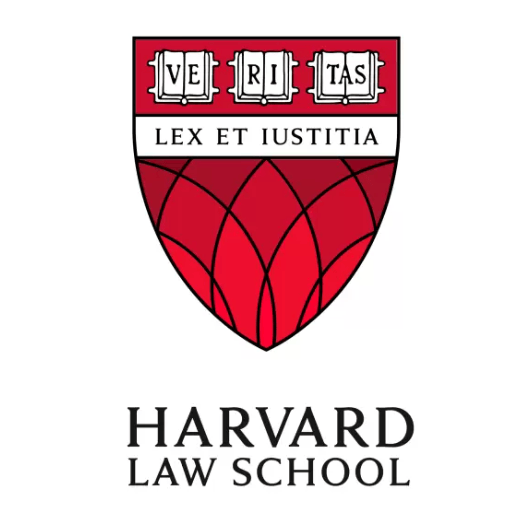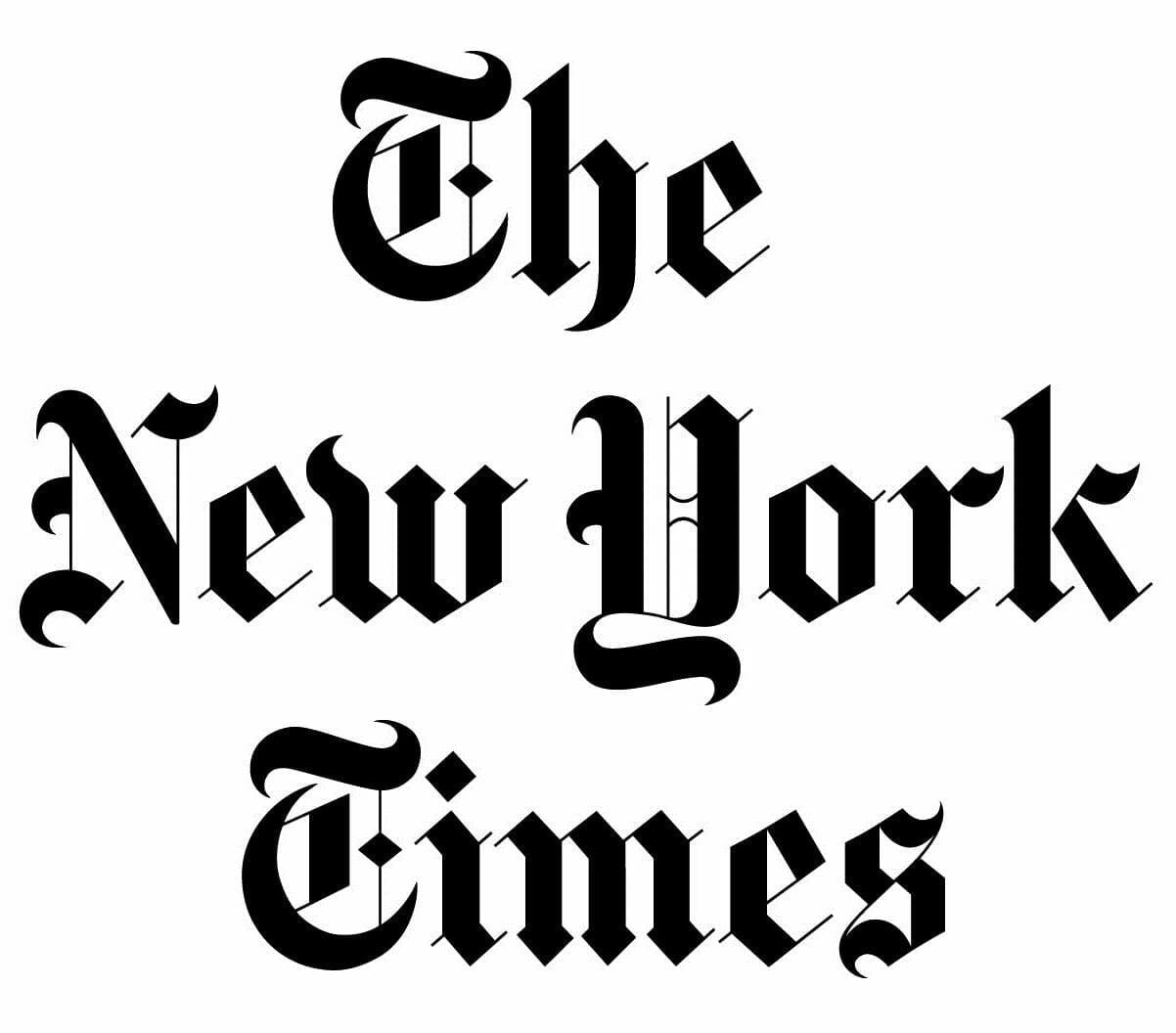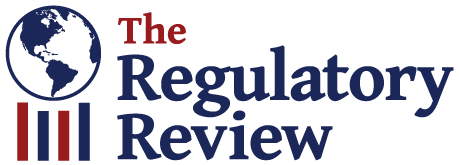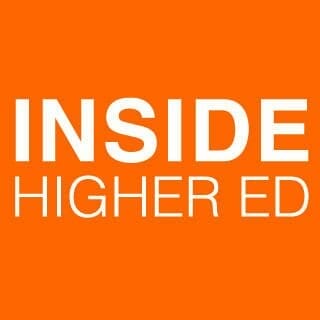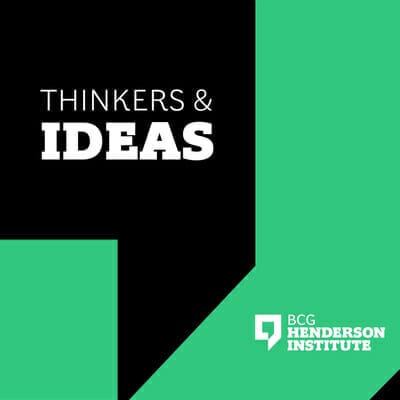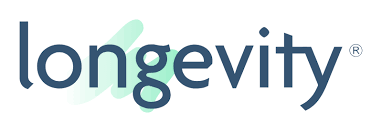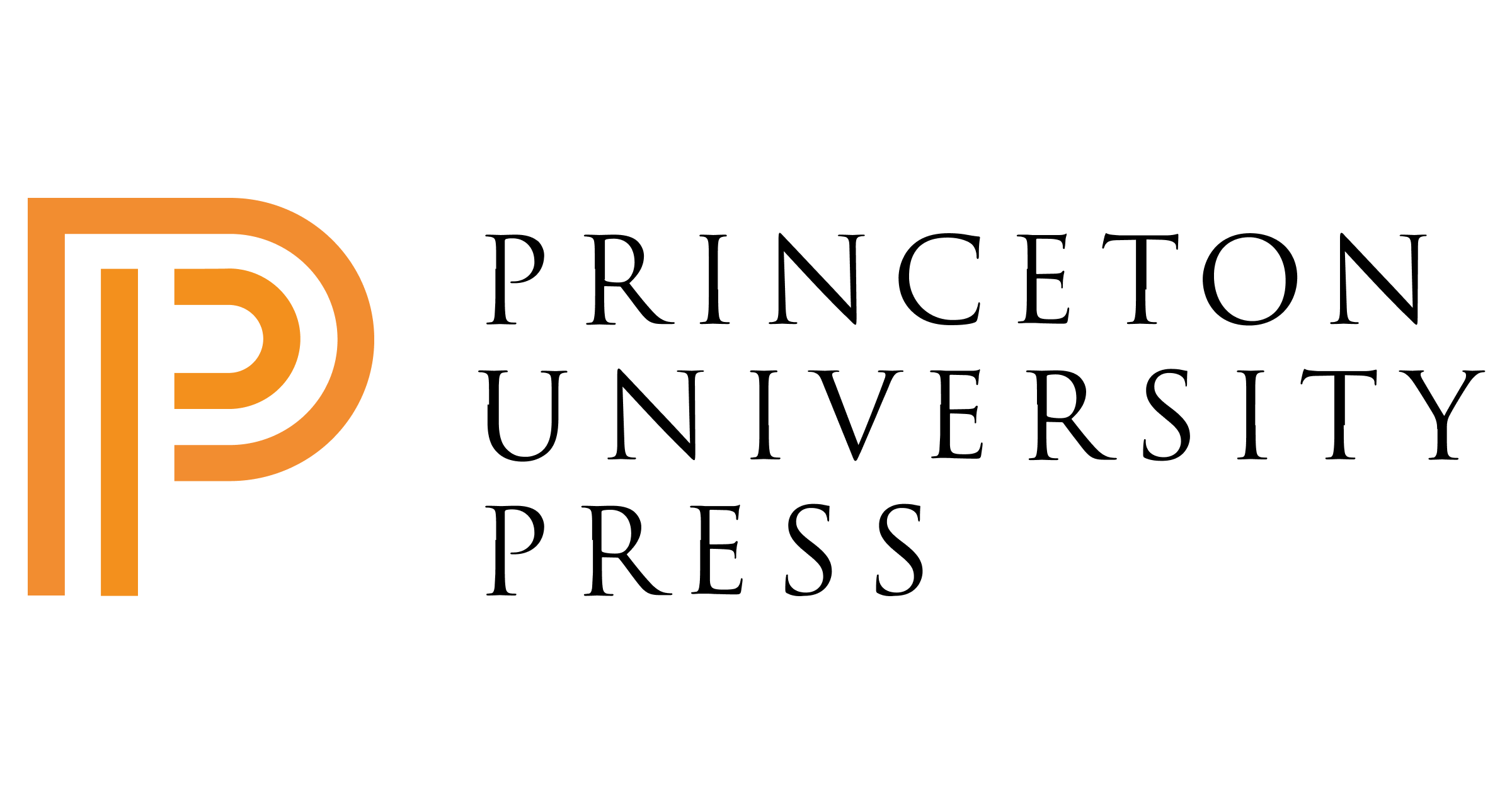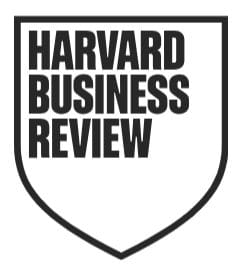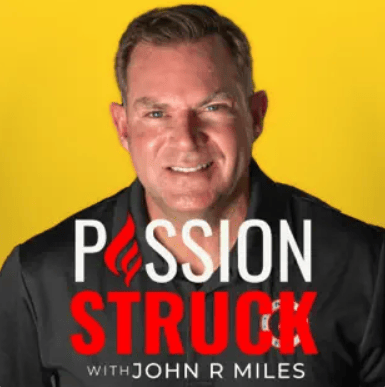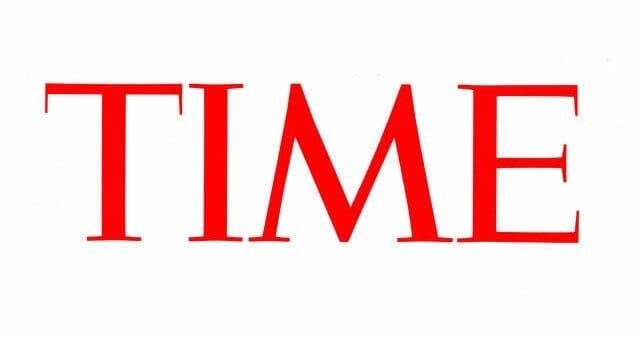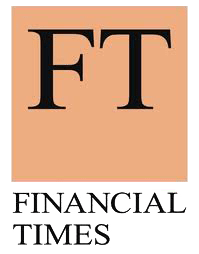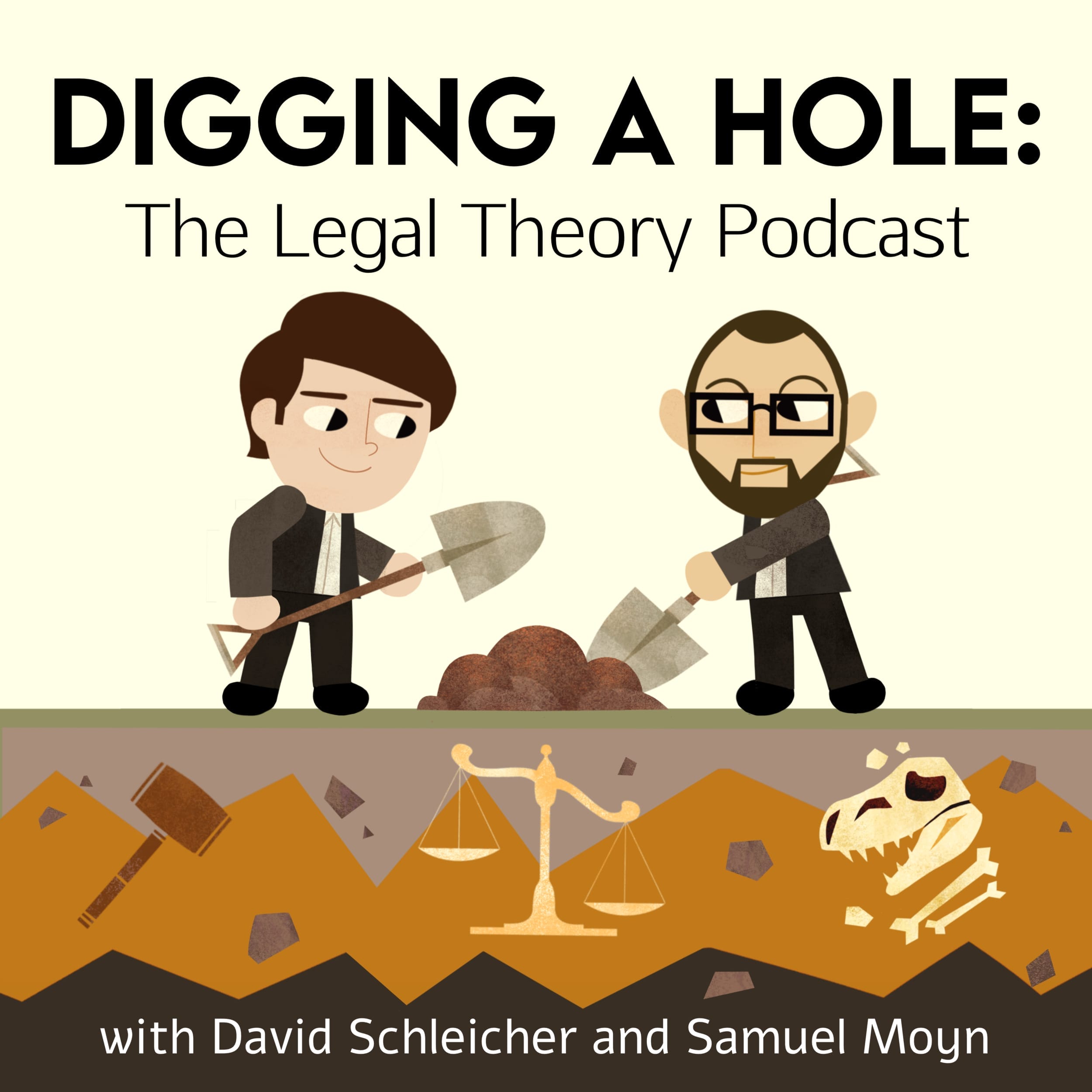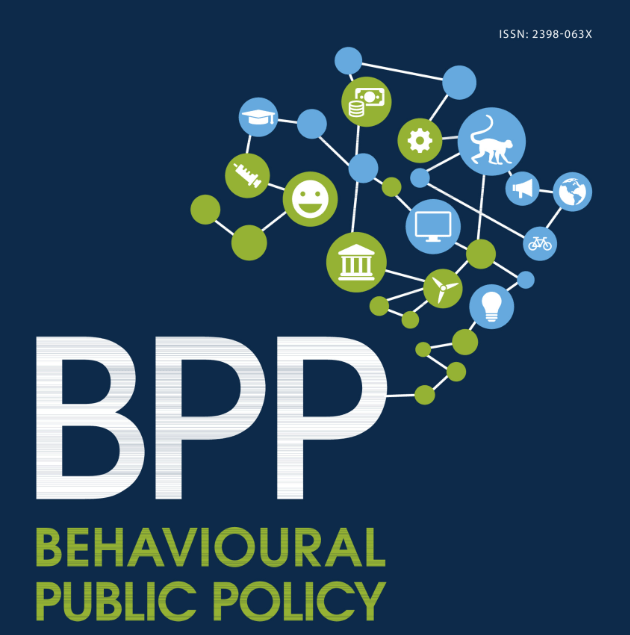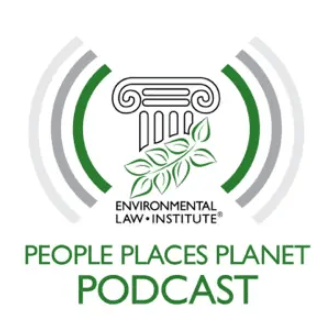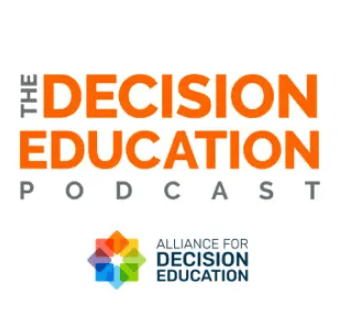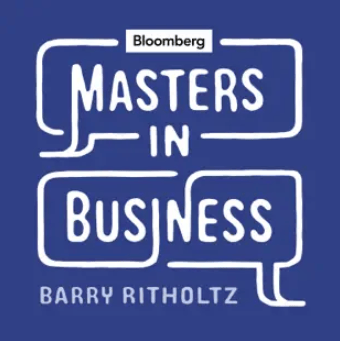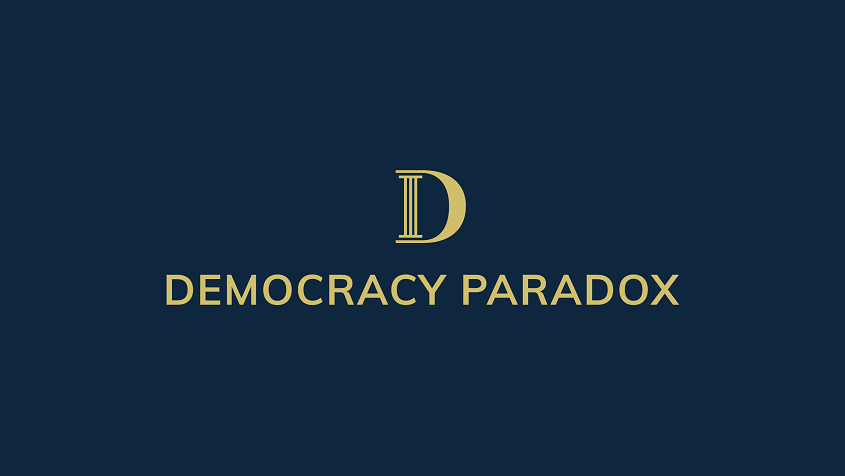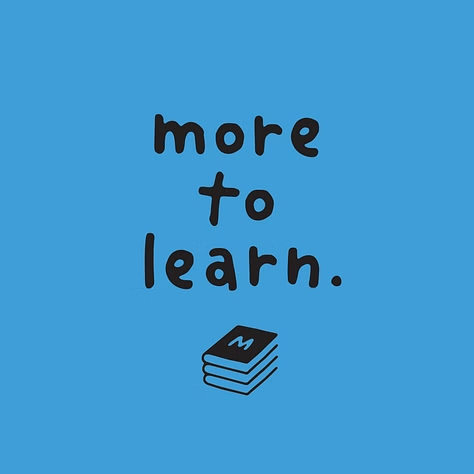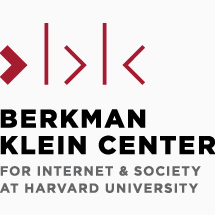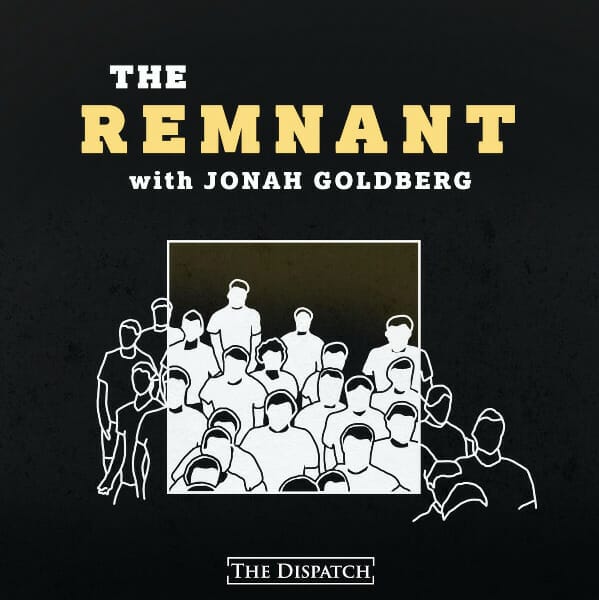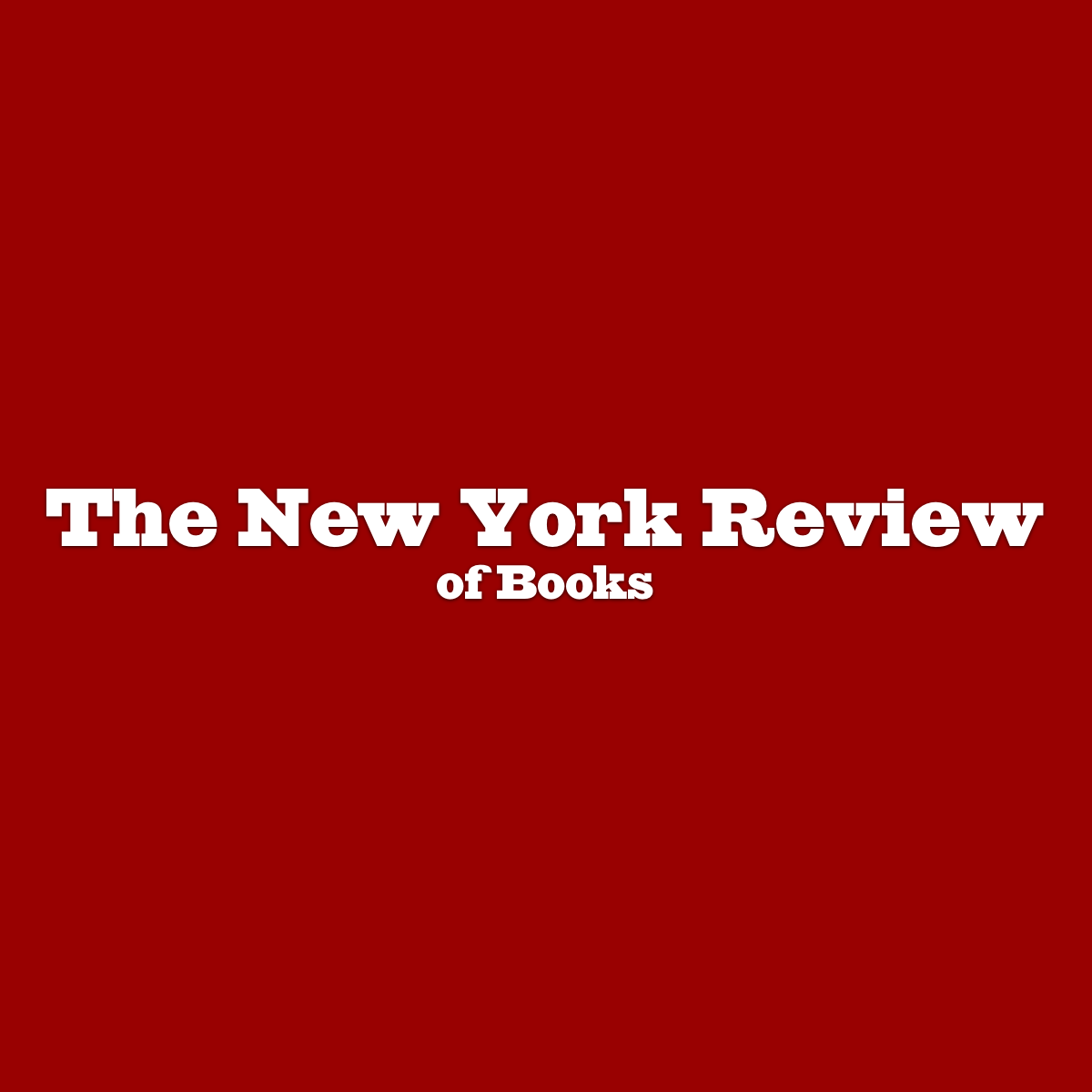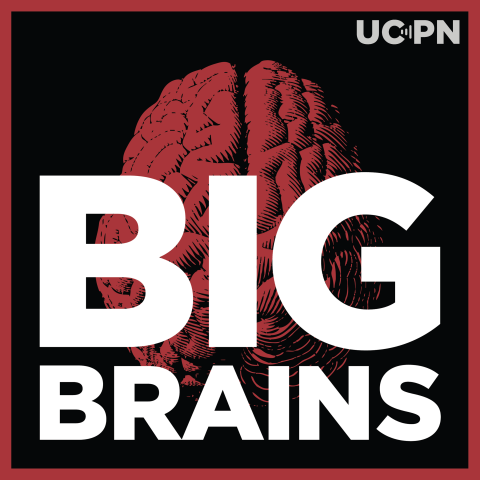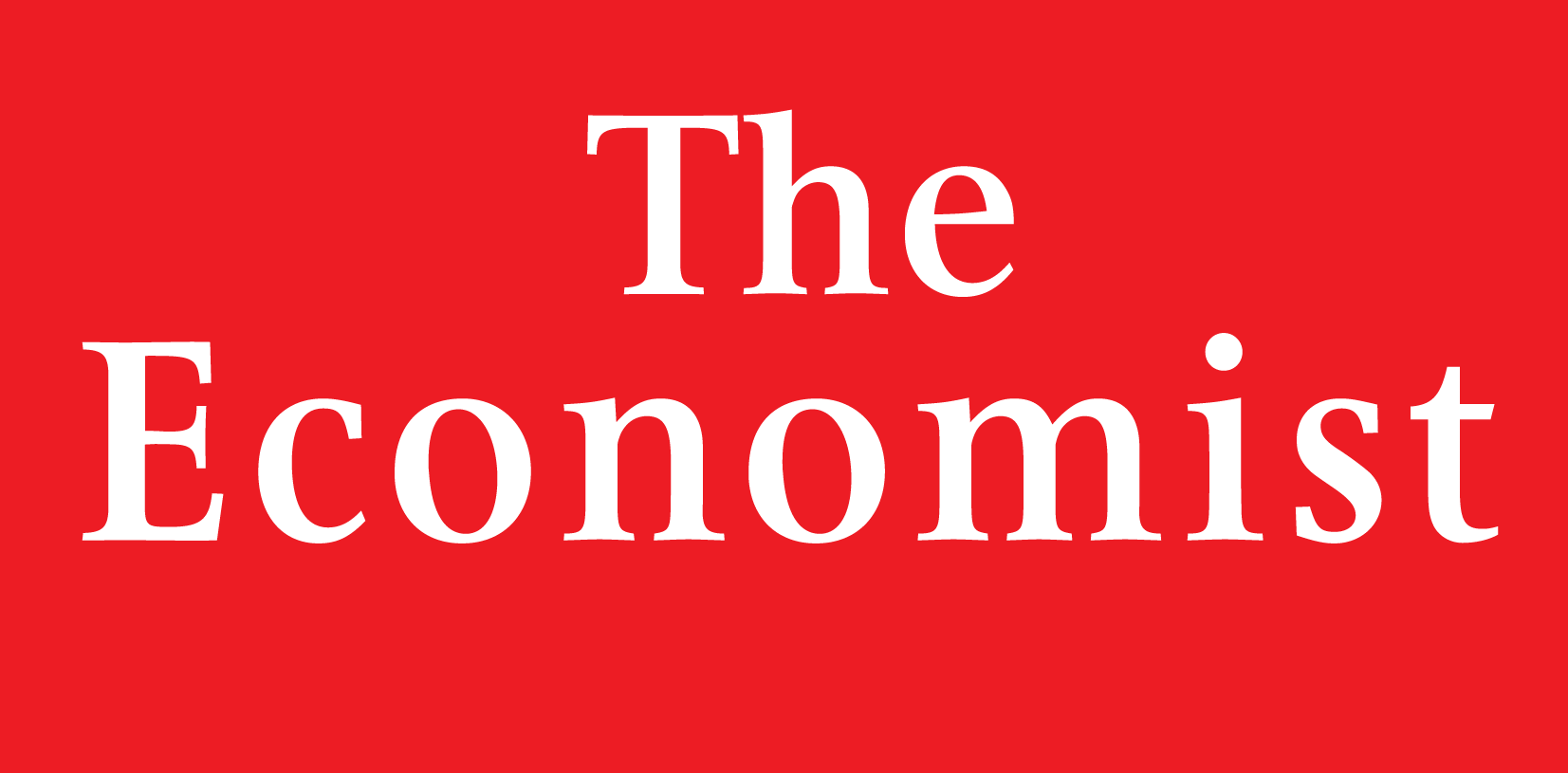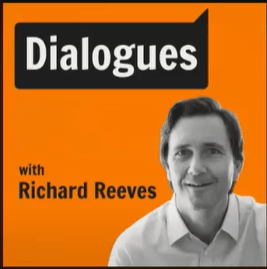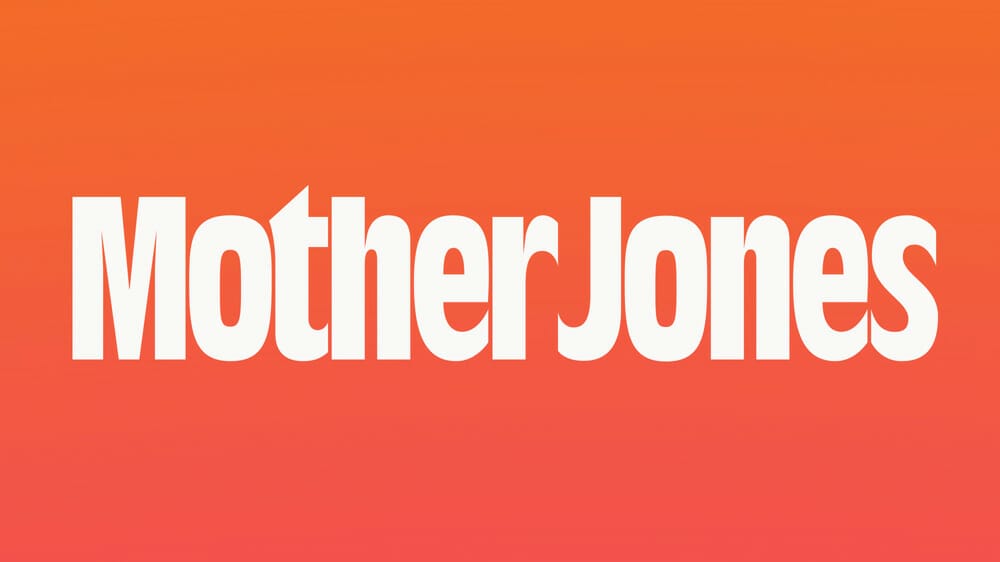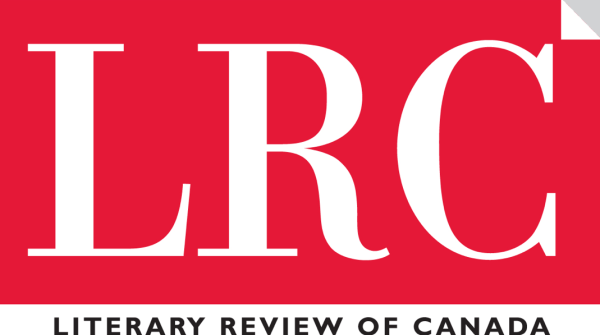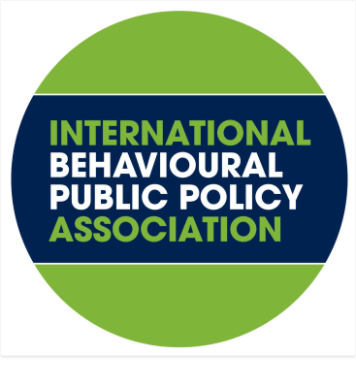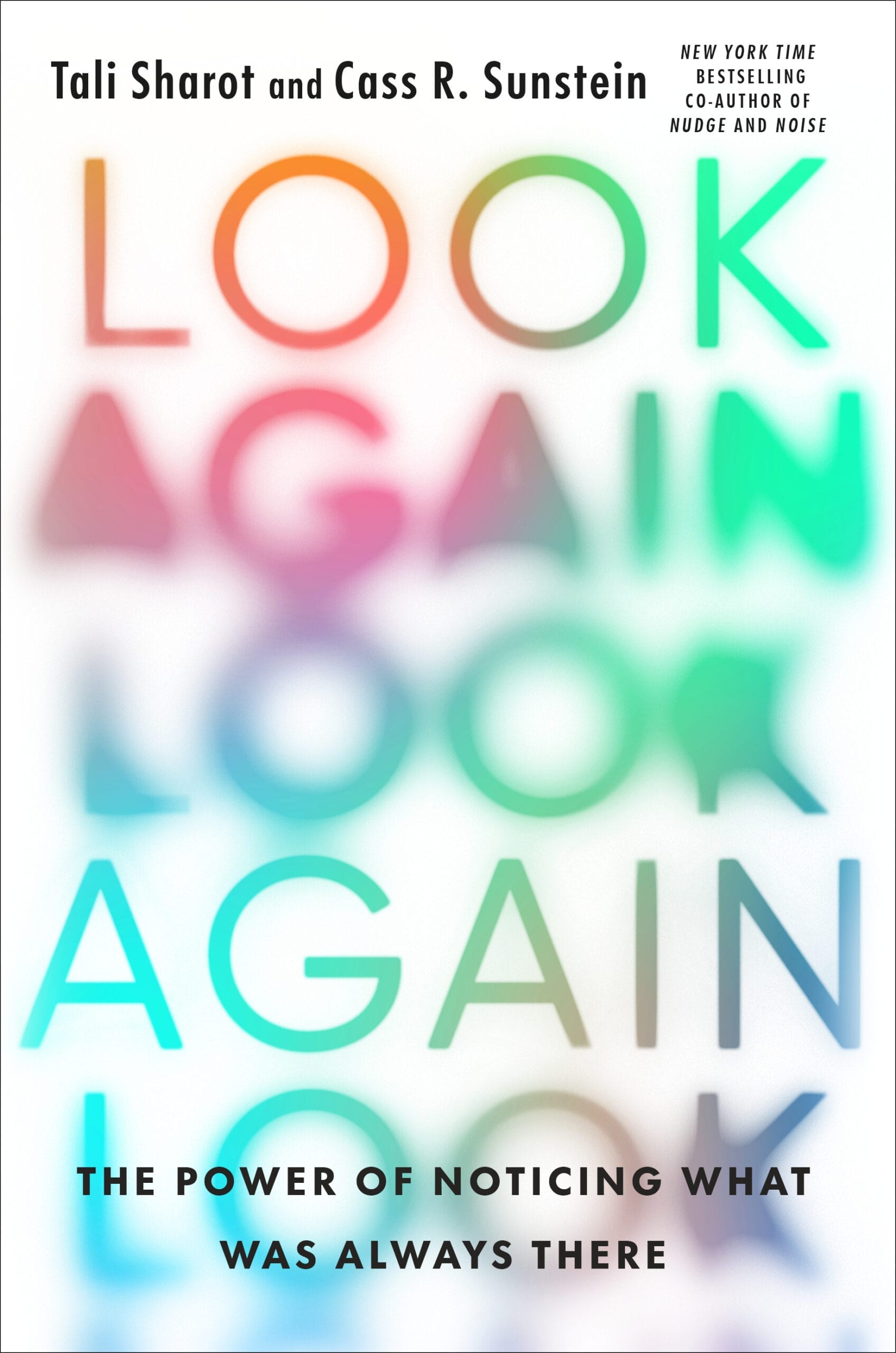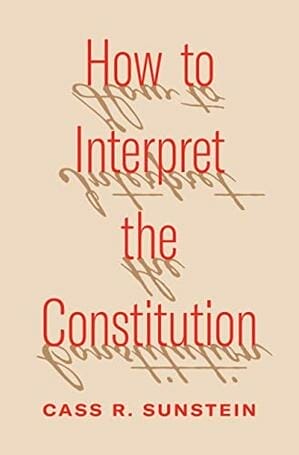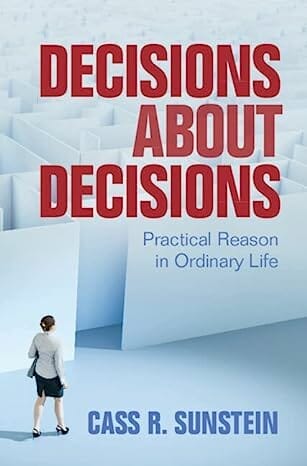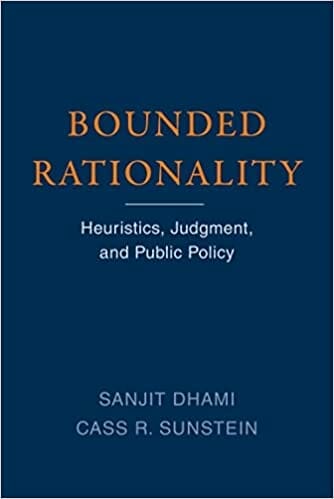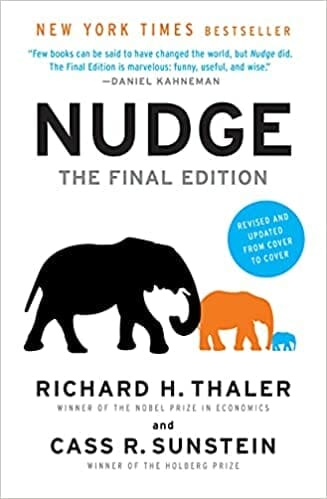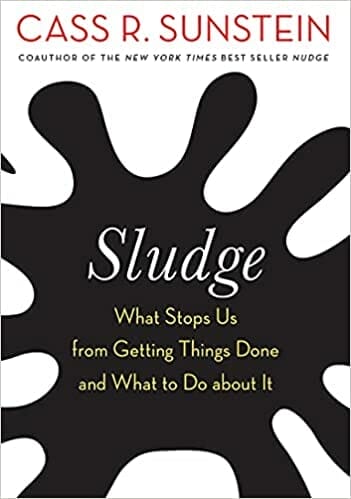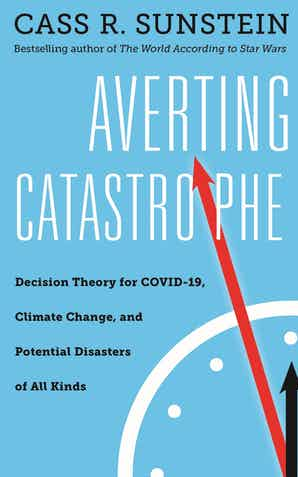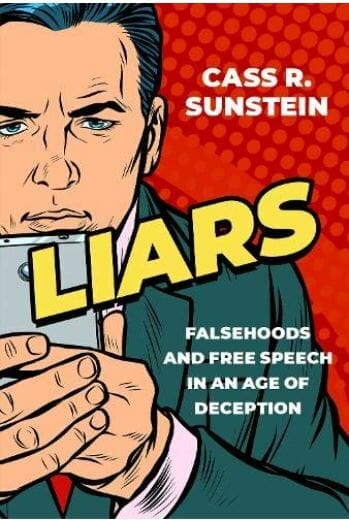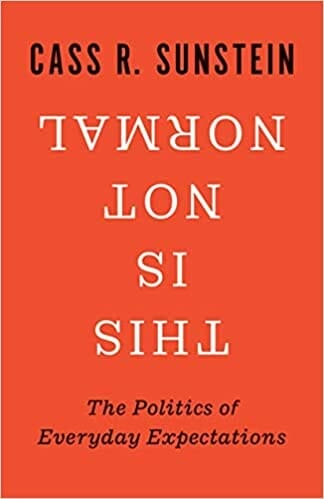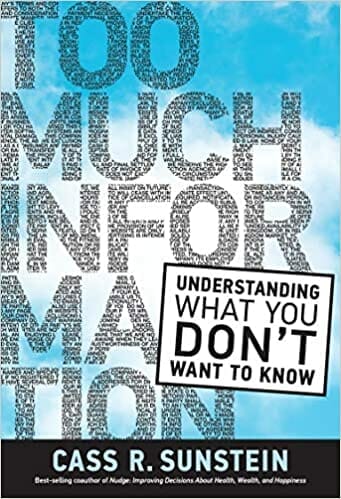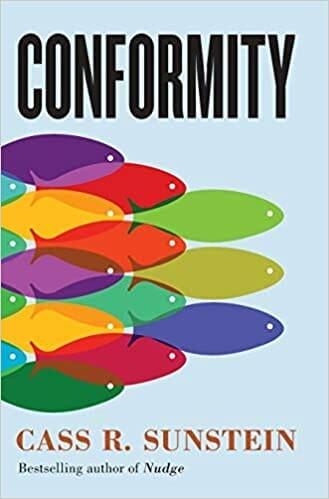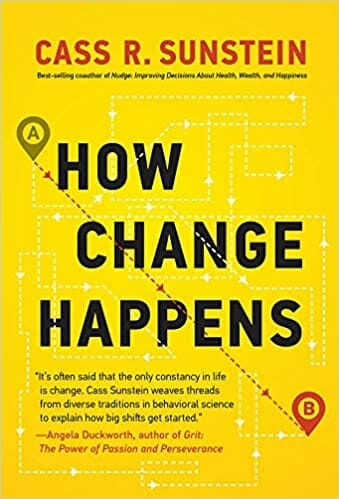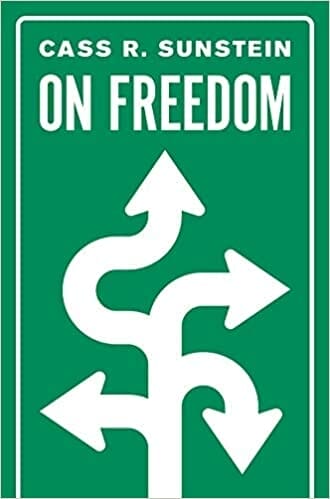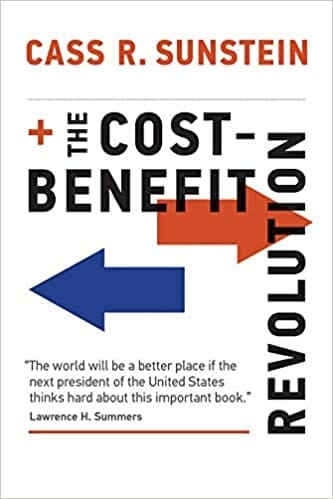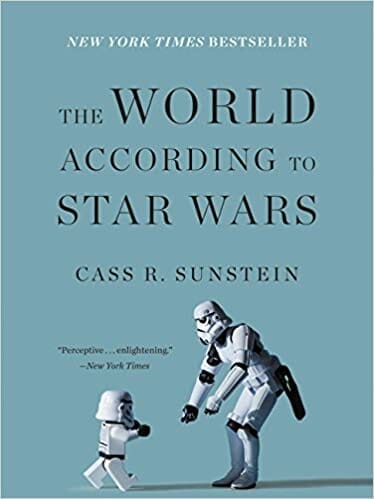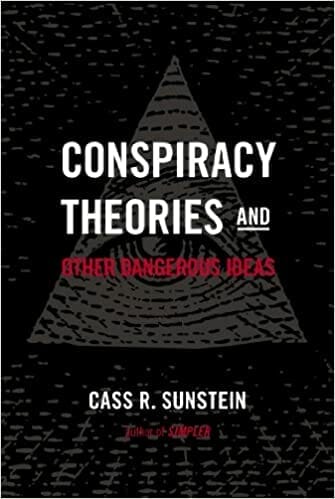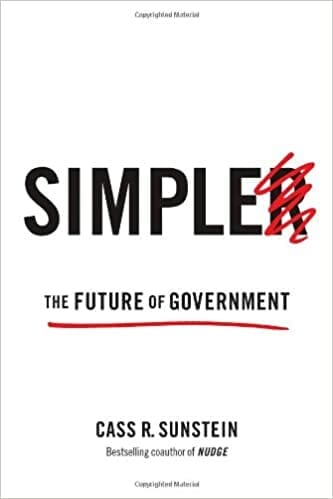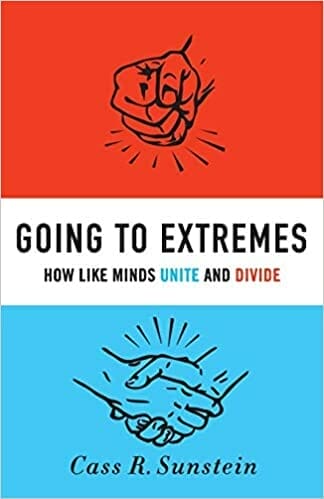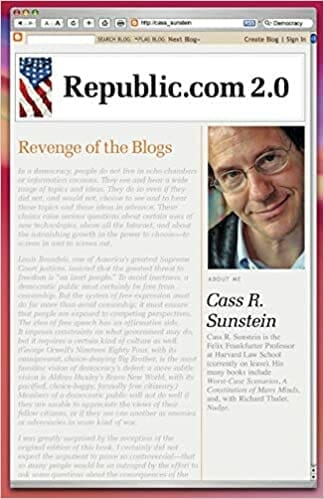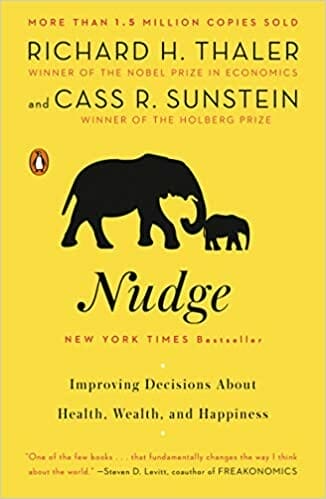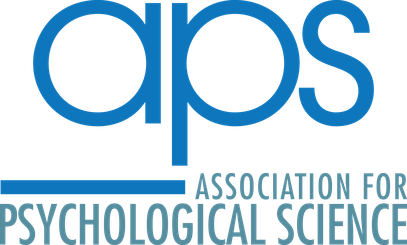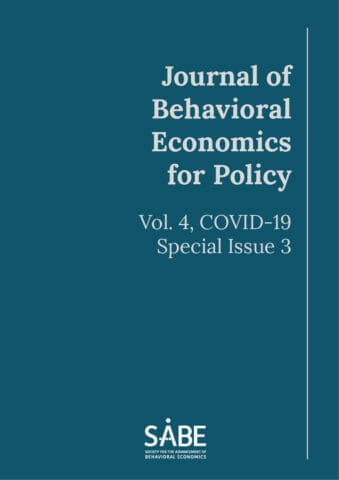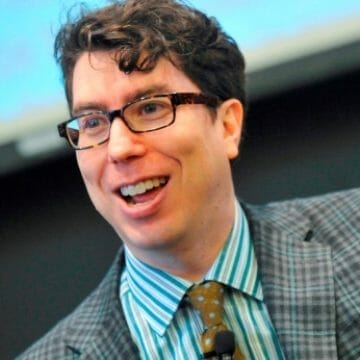Videos
Learn More About Cass Sunstein
How do leaders bring about change? How do you motivate employees and influence customers in positive directions? How can an organization best utilize artificial intelligence to support decision-making and good judgement?
According to Cass Sunstein, the Harvard Law professor who is widely recognized for his expertise on persuasion and influence, each of these seemingly unrelated questions can be answered through a deep understanding of human behavior.
“Why study behavior?” Sunstein asks. “It’s too weak to say the science of understanding the characteristics we all share is merely interesting. Core commonalities, like how people dislike losses more than they like gains or why people all over the world make the same mistakes about risk, are at the core of our species – and understanding the ‘why’ behind them is really fun.”
Co-author of the international bestseller “Nudge: Improving Decisions About Health, Wealth, and Happiness” with Richard Thaler and “Look Again: The Power of Noticing What Was Always There” (Atria/One Signal Publishers, February 2024), Sunstein has become world-renowned for his key insights into decision-making processes. His practical recommendations for convincing individuals to make better choices, without them even knowing it, forever changed the way leaders everywhere approach transition.
After decades of research into the science behind the choices people make, Sunstein brings leaders and organizations frameworks, methodologies and strategies for achieving better management with established behavioral economics and science principles. Gifted with a quirky sense of humor, Sunstein’s talks, keynotes and advisory sessions use accessible metaphors and references to bring academic concepts to a practical level, leaving teams with recommendations they can put into practice the very next day.
His guidance is relied upon by organizations and governments around the world as they seek reliable theories on influencing populations in positive ways, even during uncertain times. This has dramatic effects on employee engagement and retention, as well as significant impacts to a brand’s bottom line as customers gravitate toward enjoyable products and services.
When Considering AI, Understand What It Can and Cannot Do
A renowned legal scholar, Sunstein has lately turned his discerning mind to the use of algorithms in society and how it can be used to improve human judgement. Using vivid examples of real-world applications of AI, he shows businesses and organizations how they can understand – and even increase – their risk tolerance with AI, so they can take advantage of these tools for themselves.
“For businesses, algorithms can be a phenomenal boon – they reduce cognitive bias and noise, counteract overreactions to current events and balance out a tendency to short-term bias and optimism,” Sunstein explains. “What’s also interesting is what algorithms can’t do, like predict romantic attraction or if a joke will land. Those are complex systems based on social interactions and an algorithm can’t yet predict that.”
Having written a number of papers with computer scientists over his years of research to inform his knowledge of artificial intelligence, Sunstein points out that generative AI is exceptionally “noisy,” and it makes a lot of mistakes. However, despite being prone to error, Sunstein points out that these algorithms can state probabilities in some areas, as in predicting bestselling books or even the likelihood of revolution in some countries.
In his talks, Sunstein brings leaders, teams and organizations a curious, even humorous, eye to AI. Through references to everything from science fiction to “Star Wars,” he shares an easily understood breakdown of what artificial intelligence algorithms are, their current capabilities and how organizations and governments should consider them from a legal perspective.
A Framework for Change: The Incredible Influence of Fun in Decision-Making
Organizations have invested millions to influence their customers and employees, but sometimes find their efforts don’t net the results they’re expecting. Sunstein says there’s another angle business leaders can try: his noteworthy FEAST framework presents leaders with a streamlined methodology for driving individuals to take a desired action that benefits themselves and the organization.
“There’s increasing research showing that if people find it fun to do something, then they’re going to do it, even if it’s a departure from what they’re used to,” asserts Sunstein. “If people are having fun with their job, that can increase productivity and increase effectiveness… That’s good for business. It makes people more motivated, makes people feel respected and it makes people really want to work there.”
Sunstein argues that initiatives should be (i) Fun – an essential element of choice (ii) Easy – with clear, simple messages; (iii) Attractive – drawing the recipient’s attention; (iv) Social – leveraging social norms to encourage desired behaviors; and (v) Timely – messages need to hit the mark at the right moment.
Emphasizing that ease can be a function of customer experience, the FEAST framework is especially valuable for leadership, brand management and marketing teams, as it provides an actionable path for influencing buying decisions, enhancing customer experiences, and making choice not just about the product or service, but also the enjoyment it brings.
“The difference between Pepsi Max and Diet Pepsi, the difference between delicious colorful vegetables and healthy vegetables, the difference between frustration-free packaging and green packaging… These are targeting some action or product and associating it with something in the vicinity of fun,” he elaborates. “That can be a great motivator of behavior change. When people think X is more fun than Y, the choice of X is starting to look better.”
Whether it’s altering consumer choices, enhancing employee experiences or making sense of algorithms, Sunstein proves that understanding human behavior is not just a study — it’s the master key to influence, persuasion, change and the art of thriving in an AI-integrated world.
Currently the Robert Walmsley University Professor at Harvard, Cass Sunstein is world-renowned for his work unpacking essential behavioral economics principles. He is the founder and director of the Program on Behavioral Economics and Public Policy at Harvard Law School. In 2018, he received the Holberg Prize from the government of Norway, which is sometimes described as the equivalent of the Nobel Prize for law and the humanities.
In 2020, the World Health Organization appointed Sunstein as chair of its technical advisory group on Behavioural Insights and Sciences for Health. From 2009 to 2012, he was administrator of the White House Office of Information and Regulatory Affairs, and after that, he served on the President’s Review Board on Intelligence and Communications Technologies and on the Pentagon’s Defense Innovation Board. Sunstein has testified before congressional committees on many subjects, and he has advised officials at the United Nations, the European Commission, the World Bank and many nations on issues of law and public policy. He serves as an advisor to the Behavioural Insights Team in the United Kingdom.
Sunstein’s latest and upcoming books include “How to Interpret the Constitution” (Princeton University Press, August 2023), “Decisions About Decisions: Practical Reason in Ordinary Life” (Cambridge University Press, Upcoming 2023), “Default Nudges: From People’s Experiences to Policymaking Implications” (Palgrave Macmillan, January 2023), “Bounded Rationality: Heuristics, Judgment, and Public Policy” (MIT Press, July 2022), “Nudge: The Final Edition” (Yale University Press, September 2021), “Sludge: What Stops Us from Getting Things Done and What to Do About It” (MIT Press, September 2021), “Noise: A Flaw in Human Judgment (Little, Brown Spark, May 2021) – which won the 2021 getAbstract International Book Award – “Averting Catastrophe: Decision Theory for COVID-19, Climate Change, and Potential Disasters of All Kinds” (NYU Press, April 2021), “Liars: Falsehoods and Free Speech in an Age of Deception” (Oxford University Press, March 2021), “This Is Not Normal: The Politics of Everyday Expectations” (Yale University Press, February 2021), and “Too Much Information” (The MIT Press, September 2020). His earlier books, “Simpler: The Future of Government” and “Republic.com,” received high praise.
A frequent adviser to governments all over the world and a columnist for Bloomberg View, Sunstein is married to the former United States Ambassador to the United Nations, Samantha Power.
Cass Sunstein is available to advise your organization via virtual and in-person consulting meetings, interactive workshops and customized keynotes through the exclusive representation of Stern Speakers & Advisors, a division of Stern Strategy Group®.
Look Again: The Power of Noticing What Was Always There
Have you ever noticed that what is thrilling on Monday tends to become boring on Friday? Even exciting events and objects lose their sparkle after a while. People stop noticing what is most wonderful in their own lives, and they also stop noticing what is terrible – they get used to dirty air, stay in unhealthy relationships, grow to accept authoritarianism and take foolish risks. But, asks Harvard Law professor Cass Sunstein, what if we could find a way to see everything anew and regain sensitivity, not only to the great things in your life, but also to the terrible things you stopped noticing and so you don’t try to change? In a groundbreaking study, encapsulated in his book “Look Again,” Sunstein and his co-author investigate why we stop noticing both the great and not-so-great things around us and how to “dishabituate” at the office, in the bedroom, at the store, on social media and in the voting booth. Based on decades of research in the psychological and biological sciences, he illuminates how to refresh your perspective, allowing you to more clearly identify the bad, and more deeply appreciate the good.
How to Become Famous
It’s hard to imagine our world without its stars, icons, influencers and celebrities – the rich and famous that flood our media. They’re part of our culture and history, seeming permanent and preordained. That’s far from the case, as Harvard Law professor Cass Sunstein shows in his book “How to Become Famous.” Focusing on both famous and forgotten (or simply overlooked) artists and luminaries in music, literature, business, science, politics and other fields, he explores why some individuals become famous and others don’t and offers a new understanding of the roles played by greatness, luck and contingency in the achievement of fame. With lessons for marketers, executives and leaders alike, Sunstein examines recent research on informational cascades, network effects and group polarization to probe the question of how people become famous. He leads audiences on a fun, captivating and at times profound journey that will forever change your perspective on the latest celebrity’s “fifteen minutes of fame” and on what vaults some to the top — and leaves others in the dust.
Robots Run By Generative AI Are Here – Should They Have Rights?
Generative AI has led to the definition of “sentience” becoming more of a question than a statement. If AI tools can “think,” should they have rights? No more than your toaster should have rights, says Harvard Law professor Cass Sunstein, a prominent legal scholar and well-known authority on the U.S. Constitution. Funny and engaging, Sunstein uses accessible metaphors and pop culture references to illustrate what generative AI is, how it works and why, even though it seems humanlike in its interactions, it doesn’t deserve any more rights than a blanket on a bed. Sunstein brings organizations thought-provoking questions that encourage deeper thinking about how to engage with AI technology, no matter how quickly it advances.
Noise and Bias
Human beings are sometimes “biased,” in the sense that they make systemic mistakes (for example, they might show “optimistic bias”). In addition, human beings are sometimes “noisy,” in the sense that they show unwanted variability (perhaps making different decisions in the morning and the afternoon). The best solution to both noise and bias, says Harvard Law School professor Cass Sunstein, comes from “decision hygiene,” which can include the use of formal models and algorithms. In this presentation based on his award-winning book “Noise: A Flaw in Human Judgement” (2021), Sunstein illuminates concrete ways to reduce or even eliminate widespread “algorithm aversion.”
How to Defuse Polarization and Bridge Divides in Politics, Business and Society
While polarization is an age-old problem, managing and governing people in the 21st century has been complicated by increasingly divisive rhetoric within online and in-person groups, creating damaging political and social divisions in every corner of the world. Business and government leaders looking for successful ways to bridge those divides will find Harvard Law School professor Cass Sunstein’s insights invaluable. In this presentation, he shares the results of experiments he’s conducted, which explain why such divides exist. He then outlines methods leaders can employ to promote unity, understanding and, ultimately, a successful way forward to solve common problems and reach common goals.

Manipulation: What It Is, Why It's Bad, What to Do About It
(Cambridge University Press, August 2025)

Algorithmic Harm: Protecting People in the Age of Artificial Intelligence
(Oxford University Press, May 2025)
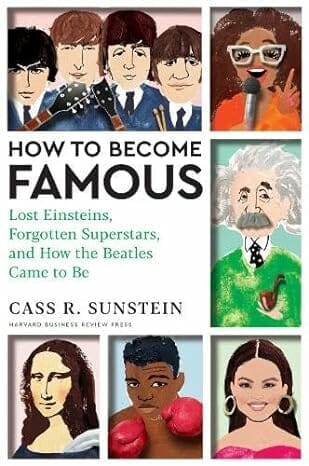
How to Become Famous: Lost Einsteins, Forgotten Superstars, and How the Beatles Came to Be
(Harvard Business Review Press, May 2024)
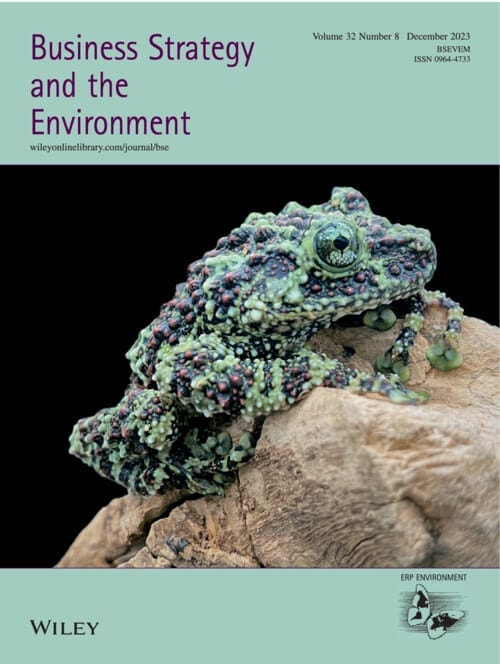
Sustainable Behaviour at Work: How Message Framing Encourages Employees to Choose Electric Vehicles
(Business Strategy and the Environment, December 2023)
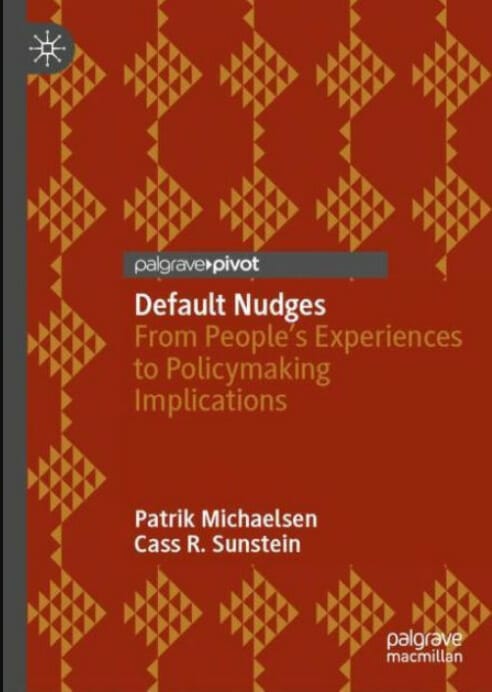
Default Nudges: From People's Experiences to Policymaking Implications
(Palgrave Macmillan, January 2023)
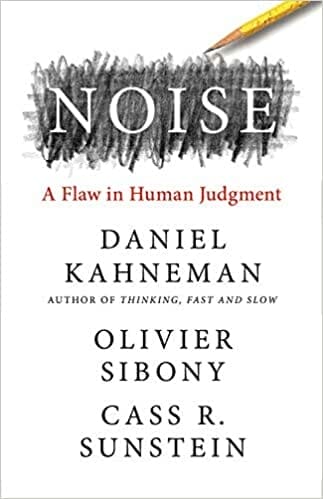
Noise: A Flaw in Human Judgment (Winner of the 2021 getAbstract International Book Award)
(Little, Brown Spark, May 2021)
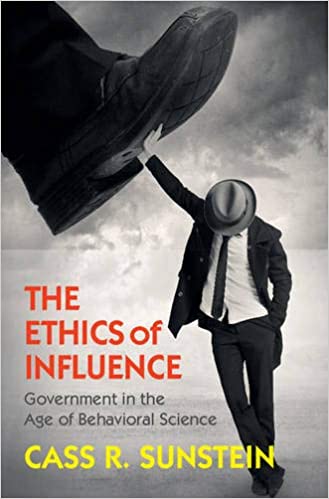
The Ethics of Influence: Government in the Age of Behavioral Science (Cambridge Studies in Economics, Choice, and Society)
(Cambridge University Press, August 2016)
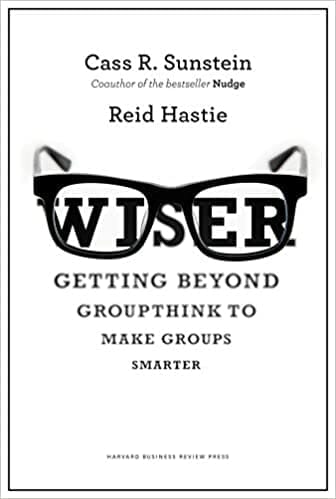
Wiser: Getting Beyond Groupthink to Make Groups Smarter
(Harvard Business Review Press, December 2014)
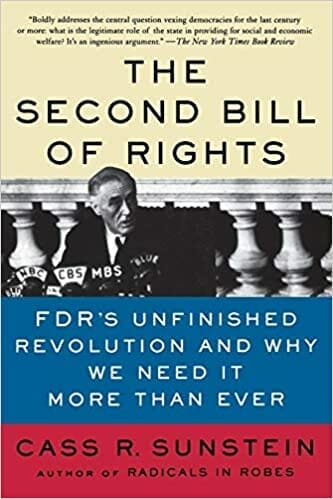
The Second Bill of Rights: FDR's Unfinished Revolution -- And Why We Need It More Than Ever
(Basic Books, July 2006)

Is Living Constitutionalism Dead? The Enigma of Bolling v. Sharpe
(Harvard Law School, August 20, 2022)

On the Limited Policy Relevance of Evolutionary Explanations
(Behavioral Public Policy, January 2022)

Facing It: Assessing the Immediate Emotional Impacts of Calorie Labelling Using Automatic Facial Coding
(Cambridge University Press, November 2021)

‘Come On, Man!’ on Errors, Choice, and Hayekian Behavioral Economics
(Cambridge University Press, September 2021)

Arbitrariness Review (With Special Reference to the Social Cost of Carbon)
(Harvard Law School, July 2021)
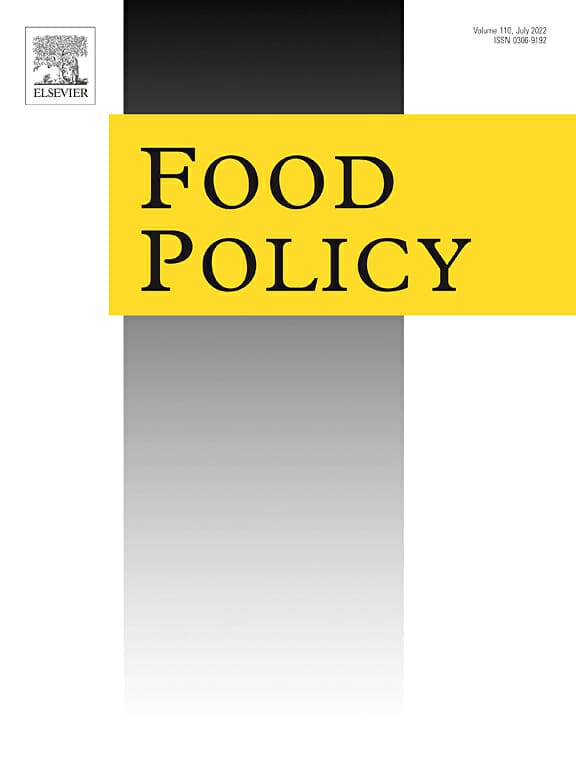
What Do People Want to Know? Information Avoidance and Food Policy Implications
(Food Policy, June 2021)
Fifty Shades of Manipulation
(Journal of Marketing Behavior, 2015)
“Cass Sunstein is the preeminent legal scholar of our time — the most wide-ranging, the most prolific, the most cited, and the most influential…His work in any one of the fields he pursues — administrative law and policy, constitutional law and theory, behavioral economics and law, environmental law, to name a non-exhaustive few — would put him in the very front ranks of legal scholars; the combination is singular and breathtaking. He has a gift for framing and discussing issues in ways that invariably gain traction and make progress. And perhaps best of all, this individual superstar is also the consummate team player — a person whose passion for reasoned intellectual inquiry is contagious and who raises the level of everyone around him. If I could add only one person to the faculty, Cass would be that person, and I am thrilled beyond measure to announce his appointment.”
“If you want to know why liberalism cannot die, read this book. In his spirited and timely reaction to efforts to tear down liberal institutions and discredit liberal principles, Sunstein brilliantly illuminates why liberalism has dominated modern political thought and why its core commitments to pluralism, fairness, innovation, and self-correction are too politically, economically, and culturally fertile to succumb for long to the arrogance, aggression, and false certainties of its enemies.”
“Cass Sunstein provides an informed, enlightening, and passionate demonstration that even though it is a big tent, liberalism can still provide us with a fighting faith. This is a faith to cling to through these unconscionable days.”
“Liberals don’t have to agree about everything to remain neighbors, Cass Sunstein shows in his excellent mapping exercise. As a crisis darkens the territory, however, Sunstein gives most love to John Stuart Mill and Harriet Taylor, who light the way with a liberalism promoting experiments, in combination with economic fairness.”
“Fiery, passionate, and hopeful, Cass Sunstein's 'On Liberalism' offers not a tepid defense, but an inspiring vision of liberalism for our era. He offers the best brief account I know of the liberal idea of the rule of law, and he makes a compelling case for New Deal economic and social rights as essential underpinnings of real freedom."
“'On Liberalism' is a splendid little book. From the rousing manifesto that constitutes its opening chapter to the final discussion of the idea of opportunity, it is clear, balanced, and persuasive.”
“The word ‘liberalism,’ like the word ‘conservatism,’ is used by different people today to mean different—often incompatible—things. The result is massive confusion that has for decades needed clearing up. Cass Sunstein has done the job. His new book is a blessing not only to those who embrace liberalism, but also to those who are skeptical of it. He advances a sane and humane liberalism, one in which even critics, if they are at all fair-minded, will find more than a little to admire.”
“'Climate Justice' is a measured meditation on our obligations to one another in a warming world, and a reminder that, among all its other dizzying and distressing features, global warming is a red-hot problem from moral philosophy, asking of us, who counts and who doesn’t?”
"'Climate Justice' analyzes arguments around intergenerational equity, distributive justice, foreign aid, and consumer choices, weighing the merits and morals of policy tools like subsidies, mandates, and taxes and even more idealistic strategies, such as providing consumers with sufficient information to encourage choices that can help fend off climate catastrophe...Reading 'Climate Justice' at this moment, when the Trump administration is doing all it can to ramp up fossil fuel emissions and end humanitarian aid to poorer countries, is unsettling. The book feels like a postcard from a time, deep in the past and yet only weeks ago, when the officials at the helm of our government understood the gravity of global leadership, cared about our neighbors, and dealt in facts....Climate change is still a global crisis, growing more urgent by the day. Inevitably, the time will come when the United States will be forced to wake up and choose to lead the world to climate solutions by example. Those who have read Sunstein’s book will be ready to participate."
“In this tightly argued treatise on climate justice, Sunstein contends that rich countries, which have emitted most of the carbon in the atmosphere, have a moral imperative to aid poor countries, as well as future generations. He poses a thought experiment: if each person were equally counted, no matter where or when he or she lived, what policies would comprise a fair and just attempt to deal with climate change and its implications? Drawing on utilitarian calculations of costs and benefits, the book develops a logic of obligations over space and time: wealthy countries owe much to poorer ones, just as the current generation owes much to future generations. Sunstein creatively wrestles with how to quantify gains and losses resulting from climate policies. The basic intuition underlying his redistribution proposal is that in terms of mitigating the harms of climate change, any given sum of money would have a bigger impact in the developing world than it would in the developed world.”
…he delivers a fascinating crash course on why some people—or bands or movies or works of art—become famous.
What do the Beatles, Star Wars, Bob Dylan, and Shakespeare have in common? They are all extraordinarily famous. But why? That's the question that Cass Sunstein answers in this book, and the answer is so much more interesting, surprising, and counterintuitive than you can imagine. The book won't tell you how to become famous, but it will help you understand fame—and its sibling, success—in a radically new way. If you read and understand this book, the world will never look the same to you again.
A book that could also be titled 'Tales to Astonish.' Cass Sunstein looks, mouth agape, at examples of those on whom fortune has smiled, as well as at examples of those who have inexplicably been denied its favor, connecting the dots all the while. A fun, potent, and vital examination, and a reminder of the cultural responsibility we all share to pay attention.
Who better to explain fame in the modern world than Cass Sunstein? In 'How to Become Famous,' he gives us a tour de force of social scientific observation about the nature of fame, its mechanisms, and how it can end up unfairly distributed.
A lively look at how conscious change is the way to break out of stale thinking to recover joy and passion.
There is a part of the human mind that seeks the comfort of habit. Establishing patterns is an essential aspect of living, but there is a dangerous downside, according to Sharot, a professor of neuroscience and author of 'The Optimism Bias' and 'The Influential Mind', and Sunstein, one of the nation’s top legal scholars. Habit can blunt our sense of enjoyment and awareness of problems, and predictability can turn into stagnation. You look around one day and realize that it has been years since you have thought a new thought, listened to any new music, or spoken to someone you don’t know. The authors provide plenty of examples of this descent into inertia, as well as describing experiments and research that reveal the underlying factors. Habit can also allow for the acceptance of awful things because the steps to get to there are small and seemingly unimportant. Another interesting aspect is that people are more likely to believe a lie if it is repeated often, as the brain becomes habituated to it. The authors are equally interested in ways to break out of the psychological trap. One way is to take a vacation—not to somewhere like home but to a different environment, one with unfamiliar rules and methods of interaction. Travel is good but not always necessary; simply reading an unusual book, taking some risks, or meeting new people are worthwhile endeavors. Eventually, the mind becomes more open, flexible, and willing to ask questions. With intelligence and humor, Sharot and Sunstein provide guidance on how to refresh the spirit and see the world anew. If your world is starting to look gray and dull, this book might be your road map out of the comfort zone.
"One trait of history's most creative thinkers - from Leonardo da Vinci to Albert Einstein - is that they are able to look anew and marvel at everyday things that most people have quit noticing: the assuring blueness of the sky, the passage of time, the way a light beam creates a spot of luster on a lead. 'Look Again' can help us all look in a fresh way at things around us. It's a smart and fun read, and a valuable way to revitalize your life"
"A sensational guide to a more psychologically rich life."
"In 'Look Again', Sharot and Sunstein offer an insightful look into the science of habituation. A surprising and delightful book."
"'Look Again' is the perfect book to help you refresh your point of view. In the bargain, they'll help you live a happier, healthier, wiser, and more just life."
"Despite the author’s fair-mindedness, it’s clear that his main targets are the originalist and traditionalist arguments that have recently captured the radical right and are overturning decades of settled constitutional law. Is Sunstein’s interpretive scheme strong enough to halt the further advance of originalist and traditionalist thinking on the Supreme Court? Probably not. But it’s a brave, muscular, and compelling roadblock now standing in the way of originalist ideologues. This book should be in the hands of every law student, constitutional lawyer, judge, and Supreme Court justice. One of the most significant works about constitutional interpretation in recent years."
“'How to Interpret the Constitution' is simply amazing―deeply personal and accessible yet of the highest sophistication. Cass Sunstein takes us on a tour of contemporary constitutional theory that speaks plainly to every citizen who cares about the Constitution and that should be required reading for judges, lawyers, and students of the law. If you want to understand the great debate between originalism and living constitutionalism, this is the book for you.”
“What’s at stake in choosing among rival approaches to interpreting the Constitution? Cass Sunstein shows us, in terms that speak to outsiders, newcomers, and experts, that interpreters must make value-based choices―and why choosing originalism will make us worse off. A compelling read at a time when many lack confidence in the Supreme Court and the Constitution, and debate burns hot.”
“Even to one who answers the question―how to interpret the Constitution―differently than Cass Sunstein, this introduction to the topic is refreshingly commonsensical, accessible, and fair-minded.”
“Cass Sunstein, one of the nation’s leading constitutional scholars, provides a citizen’s guide to current controversies over how to interpret the Constitution. Everyone interested in constitutional law and today’s Supreme Court will benefit from grappling with Sunstein’s arguments.”
"How should we choose when our values might change as a result of our choice? Or when we have limited time to assess the options? How should we decide what we want to learn and what we ought to believe? In 'Decisions about Decisions', Sunstein presents a rich and diverse set of reflections on these and other questions about how we do, and should, decide how to make the choices that fill our lives. The prose is clear and engaging; the essays packed with illuminating and accessible examples; the thought deeply informed throughout by Sunstein’s broad knowledge of behavioral economics, public policy, legal theory, and philosophy."
For over three decades, Cass Sunstein has thought deeply and creatively about decisions, large and small, personal and professional, public and private. From environmental protection to free speech, from cognitive burdens to nudges. Join him here on an adventurous voyage exploring how we decide about our decisions - not only their outcomes, but also the emotional impact our decisions have on us decision-makers."
"Sunstein is a brilliant and wide ranging thinker whose work in decision theory has been extraordinarily influential. 'Decisions about Decisions' is a deeply insightful - and deeply fun - tour de force of decision-making large and small, a must read for anyone interested in the practical art of how to decide."
"In 'Decisions about Decisions', Cass Sunstein challenges the premise, widely adopted in Economics and other disciplines, that decision making is merely a means to an end. Instead, he posits that the process of arriving at a choice is emotionally consequential. The book systematically explores implications for how we choose who we are, what we value, what we know, what we believe, and ultimately what we do. Sunstein rewards the reader with rich insights and novel perspectives on human behavior."
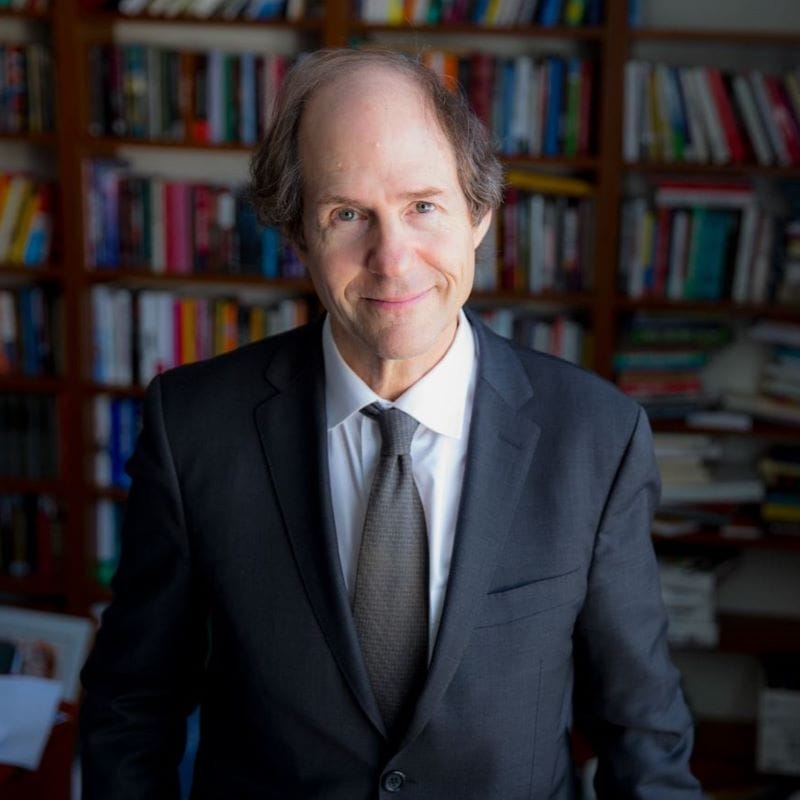





![Welcome & Opening Remarks + Fireside Chat: “Why Separate Powers?” [2024 National Student Symposium]](https://i.ytimg.com/vi/p50vIIiHAuQ/hqdefault.jpg)
























